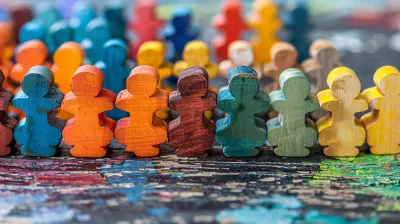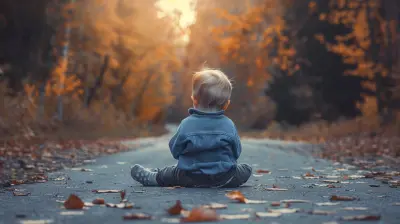The Influence of Early Childhood on Adult Behavior: A Psychoanalytic Perspective
24 May 2025
Ever wondered why you react a certain way in relationships? Or why some habits seem impossible to break? The answers might lie in your early childhood. According to psychoanalysis, our adult behaviors, emotions, and thought patterns are deeply rooted in the experiences we had as children.
Sigmund Freud, the father of psychoanalysis, believed that what happens in the first few years of life shapes our unconscious mind and, ultimately, our behavior as adults. Let’s dive into how early childhood experiences influence our adult selves and what we can do about it. 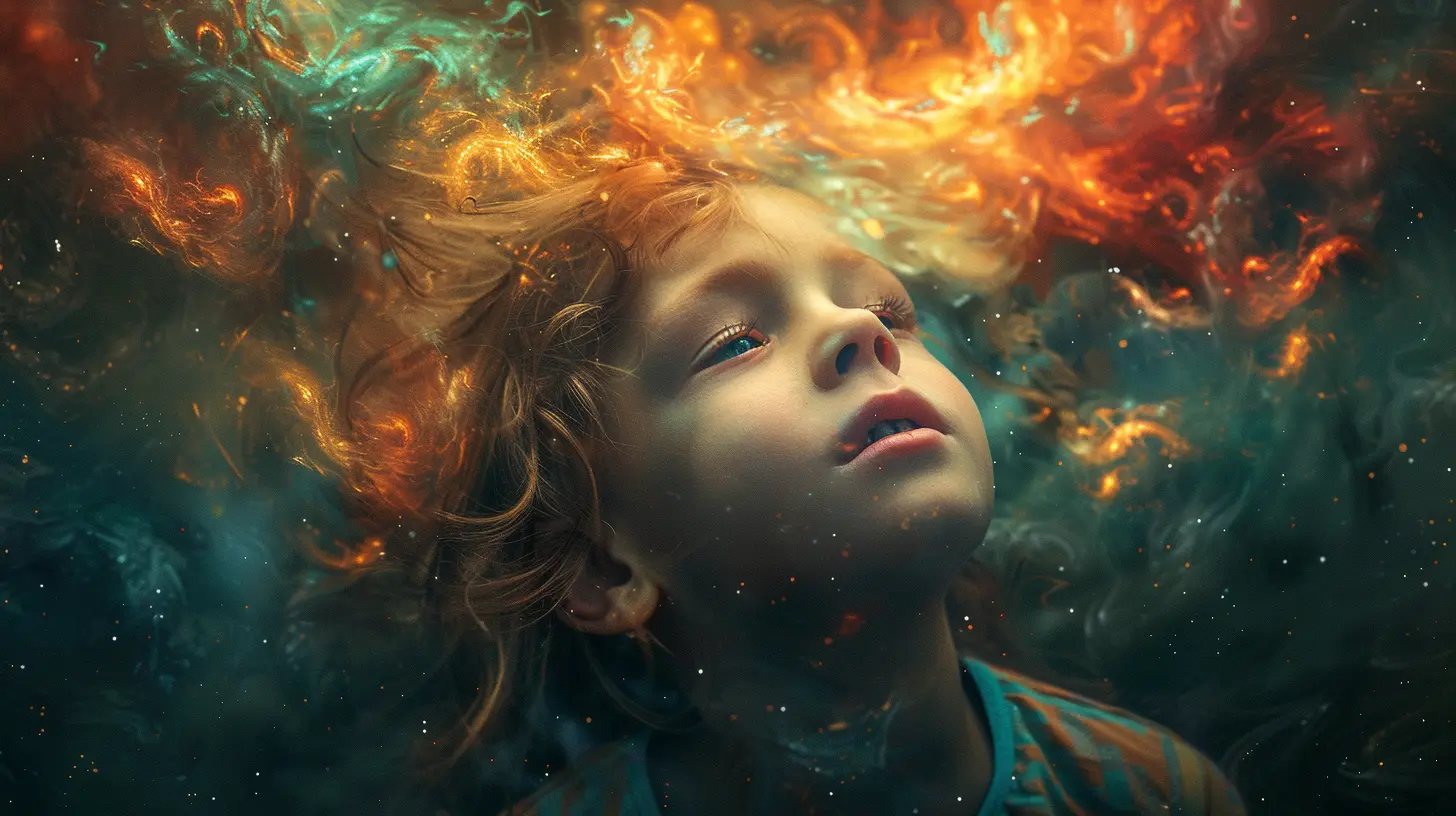
How Early Childhood Shapes Our Adult Behavior
The brain is like wet cement during childhood—every experience, positive or negative, leaves an imprint. By the time we reach adulthood, those impressions harden into patterns that dictate how we interact with the world.Psychoanalytic theory suggests that our unconscious mind stores memories, emotions, and unresolved conflicts from childhood, influencing our behavior in ways we don’t always realize.
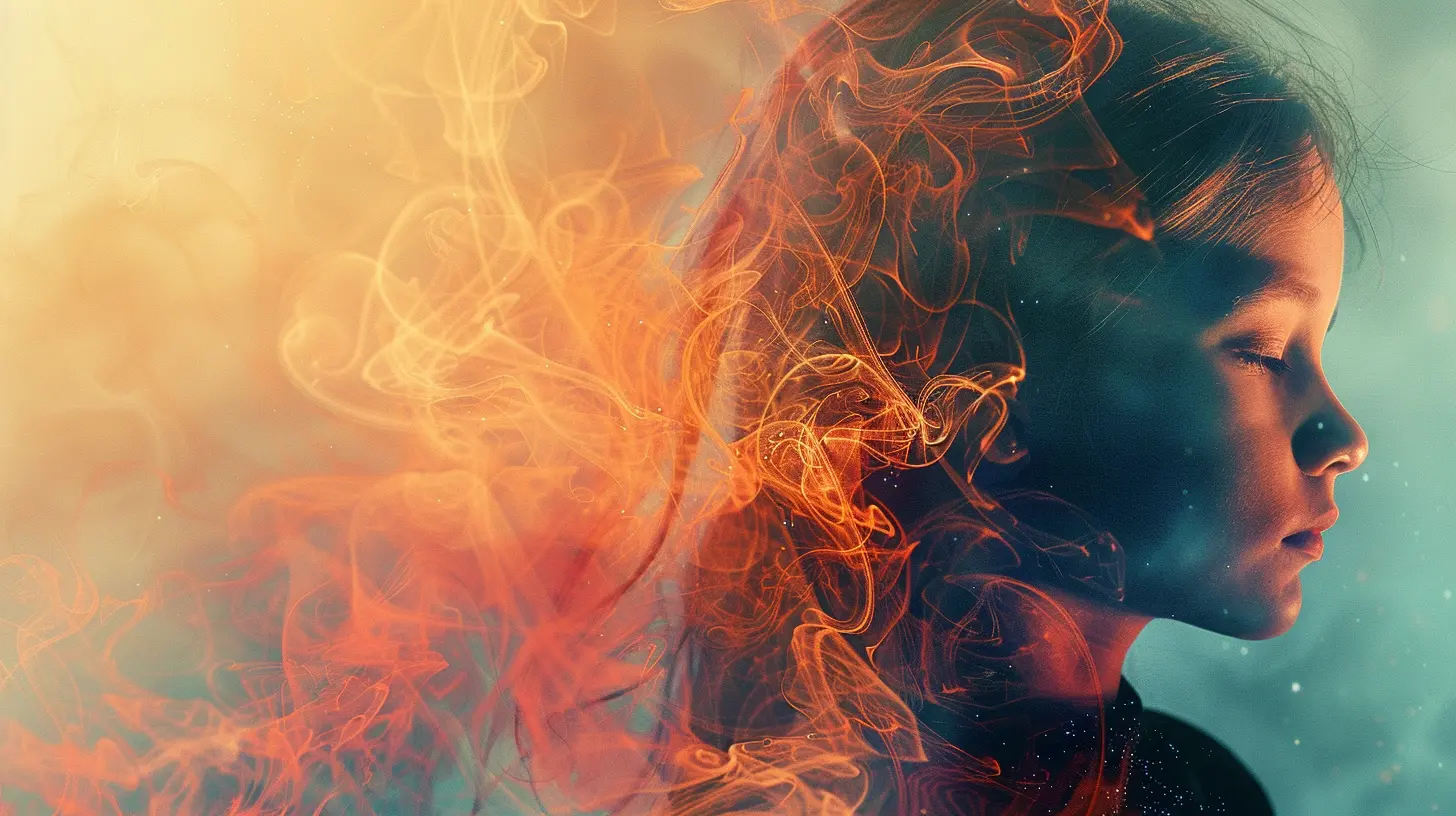
1. Attachment and Relationships
How do you handle relationships? Are you secure and trusting, or do you struggle with emotional closeness? According to psychologist John Bowlby, our attachment to caregivers as infants shapes our adult relationships.- Secure Attachment: If a child experiences love, safety, and responsiveness, they grow up believing relationships are dependable.
- Avoidant Attachment: If caregivers are distant or unresponsive, the child learns to suppress emotions and may struggle with intimacy later in life.
- Anxious Attachment: If a child experiences inconsistency, they may grow up craving attention and fearing abandonment.
Ever met someone who pushes people away the moment things get serious? That could be an avoidant attachment style at play. The way we were treated as kids lays the foundation for how we connect—or disconnect—with others as adults.
2. Parenting Styles and Self-Esteem
Did your parents encourage you or criticize you relentlessly? The way we were parented plays a huge role in shaping our self-esteem.- Authoritative parenting (balanced discipline and warmth) tends to raise confident and independent individuals.
- Authoritarian parenting (strict with little warmth) may lead to people-pleasing tendencies or rebellious behaviors.
- Permissive parenting (too lenient, no boundaries) can create adults who struggle with self-control and responsibility.
The voice of our parents often becomes our inner voice. If you grew up hearing phrases like “You’ll never amount to anything,” you might struggle with self-doubt—even when you've proved the opposite.
3. Unresolved Childhood Trauma and Emotional Triggers
Ever experience a strong emotional reaction to something seemingly small? Childhood trauma, even when buried deep in the unconscious mind, has a way of resurfacing in unexpected ways.- A child who grew up with toxic criticism may become overly defensive as an adult.
- Someone who was bullied may develop social anxiety or struggle with trust.
- An individual exposed to constant conflict may fear confrontation and avoid difficult conversations.
These emotional triggers often play out in adult relationships, careers, and self-perception. Without addressing them, they can control us without us even knowing.
4. The Role of Freud’s Psychosexual Stages
Sigmund Freud broke childhood development into five psychosexual stages—each stage impacting adult personality if unresolved:- Oral Stage (0-1 year): Overindulgence or neglect during infancy can lead to dependency issues, nail-biting, or smoking habits.
- Anal Stage (1-3 years): Strict toilet training may result in an excessively tidy or rebellious adult personality.
- Phallic Stage (3-6 years): Competition with the same-sex parent can manifest as insecurities about gender roles or authority figures.
- Latency Stage (6-12 years): Unresolved childhood issues may remain dormant, influencing social skills.
- Genital Stage (12+ years): Healthy development leads to mature sexual and emotional relationships.
Freud claimed that if any of these stages were disrupted, it could leave lasting psychological effects. While some of his theories are debated, the idea that unresolved childhood experiences shape adult behavior remains widely accepted. 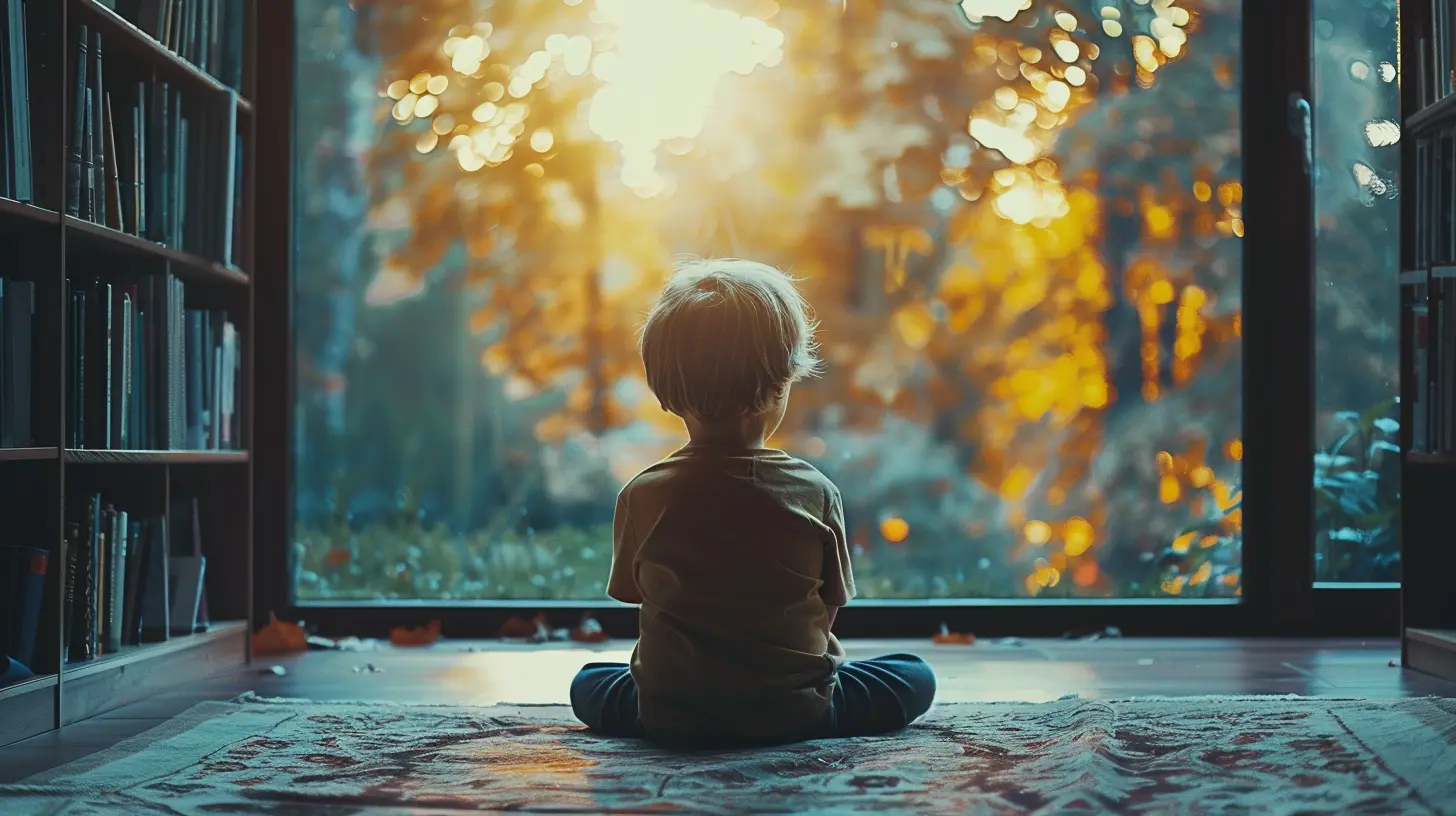
Can We Change the Impact of Our Childhood?
Here’s the good news—while early childhood shapes us, we're not stuck in those patterns forever. Understanding how the past influences the present is the first step toward changing unconscious habits.1. Recognizing Patterns
Start by identifying recurring behaviors that don’t serve you. Do you always end up in toxic relationships? Avoid confrontation? Procrastinate out of fear of failure? These patterns often stem from childhood experiences.2. Therapy and Self-Reflection
Therapies like psychoanalysis, inner child work, and cognitive-behavioral therapy (CBT) can help unravel unresolved childhood issues. Journaling, meditation, and talking to a trusted confidant can also bring subconscious patterns to the surface.3. Reparenting Yourself
If your childhood lacked the nurturing and guidance you needed, you can "reparent" yourself. This means giving yourself the love, encouragement, and discipline that were missing.- Speak to yourself with kindness.
- Set boundaries where they were previously lacking.
- Challenge negative self-beliefs instilled during childhood.
It’s never too late to heal from the past. Awareness is the first step, and intentional action follows. 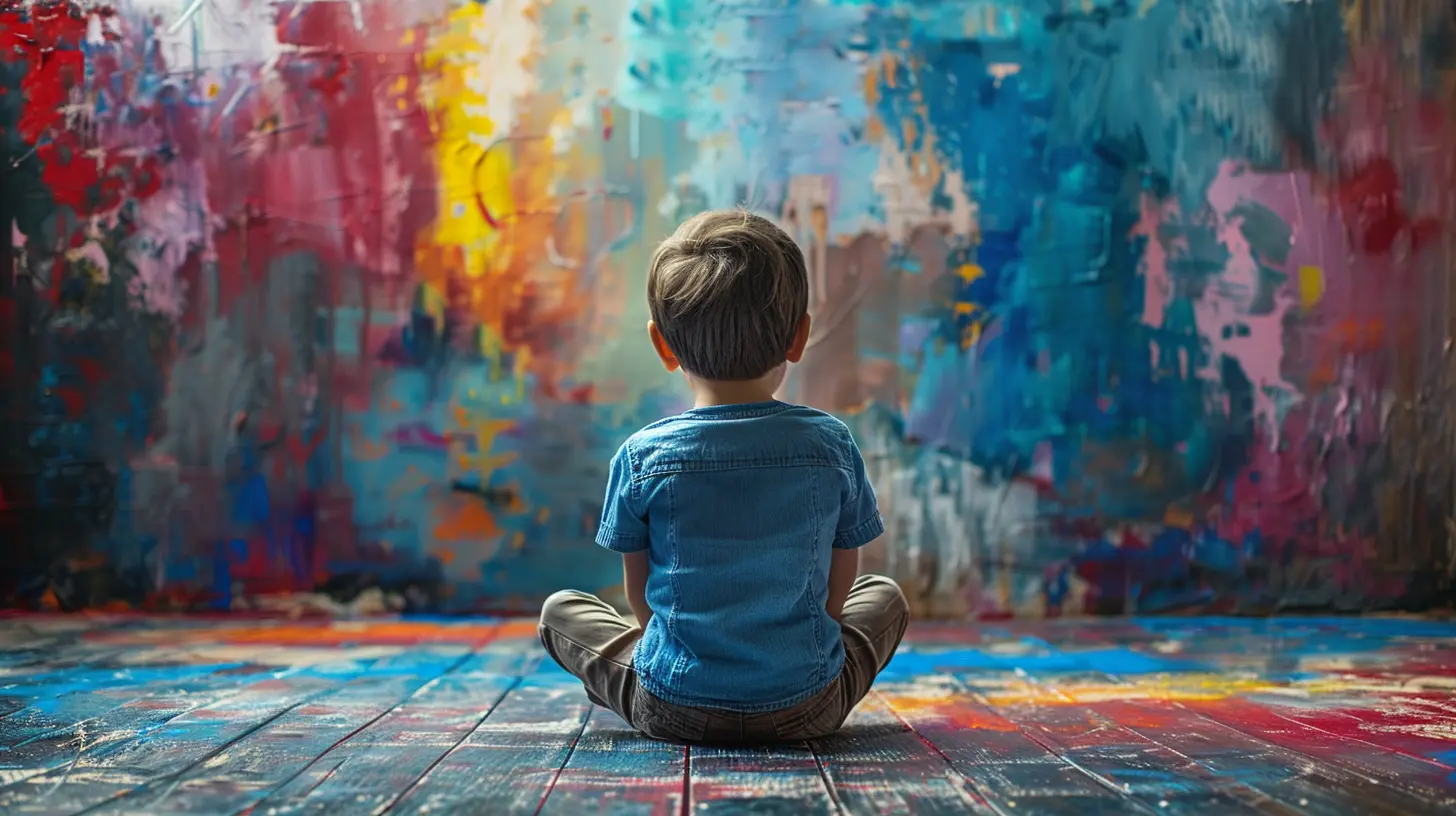
Final Thoughts
The experiences we have in early childhood shape the way we think, feel, and behave as adults. Our relationships, self-esteem, emotional responses, and even habits all have deep roots in our formative years.But here’s the kicker—you’re not doomed by your past. While childhood experiences leave a mark, they don’t define you permanently. Healing and change are always possible, and the more we understand ourselves, the more control we gain over our lives.
So, the next time you wonder why you react a certain way, take a step back and ask yourself—could this be a reflection of my childhood? The answer might just surprise you.
all images in this post were generated using AI tools
Category:
PsychoanalysisAuthor:

Paulina Sanders
Discussion
rate this article
3 comments
Karson Lamb
Childhood experiences shape our unconscious motivations and relational patterns, often dictating adult behaviors. Understanding this connection not only fosters personal insight but also encourages empathy towards others, illuminating the complex tapestry of human relationships.
June 8, 2025 at 3:22 PM

Paulina Sanders
Thank you for highlighting the profound impact of childhood experiences on adult behavior. Your comment beautifully encapsulates the essence of our exploration into the intricate connections between early experiences and relational dynamics.
Daniella McVey
Ah, the classic ‘blame it on childhood’ narrative! While our past shapes us, it’s high time we own our choices as adults. Let's not give our inner child too much power—after all, we’re the ones holding the steering wheel now!
June 3, 2025 at 2:43 AM

Paulina Sanders
I appreciate your perspective! While personal responsibility is crucial, acknowledging the impact of childhood experiences can enhance our understanding of adult behavior. Balance is key in navigating both influences.
Kennedy Price
Thank you for this insightful article! It beautifully highlights the profound impact of early experiences on adult behavior.
May 28, 2025 at 4:23 AM

Paulina Sanders
Thank you for your kind words! I'm glad you found the article insightful.


